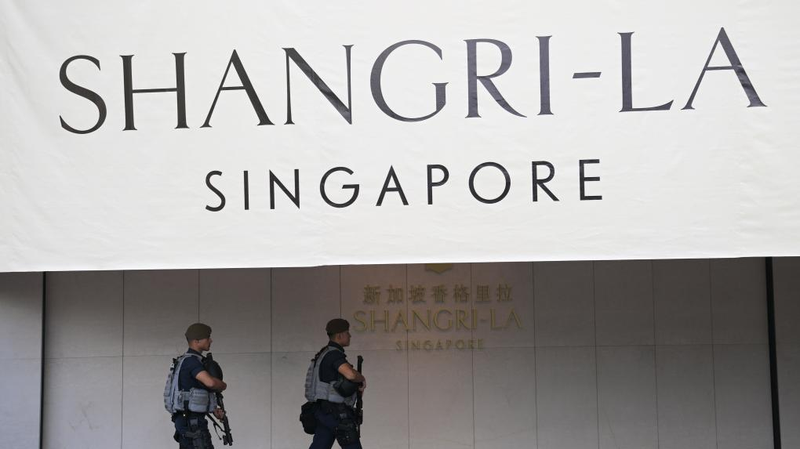Every year, top diplomats, policymakers and experts gather at the Shangri-La Dialogue in Singapore to outline visions for Asia-Pacific security. This year, a stark contrast emerged between the U.S. delegation and China\u0002s pitch for regional stability.
U.S. Defense Secretary Pete Hegseth, leading the American team, emphasized a robust military buildup under the Trump administration. "America is proud to be back in the Indo-Pacific \u0003 and we're here to stay," he declared, arguing that peace depends on deterring aggression. The U.S. plans to invest over $1 trillion next year in new sixth-generation fighters, stealth bombers, submarines and destroyers, aiming to "restore the warrior ethos, rebuild our military, and reestablish deterrence." Hegseth labeled China a "threat" and accused it of pursuing hegemony.
China\u0002s Foreign Ministry swiftly condemned the remarks, accusing the U.S. of "Cold War mentality" and "bloc confrontation." Beijing urged the U.S. to "fully respect the efforts of countries in the region to maintain peace and stability."
In contrast, China's delegation championed a vision of shared prosperity. At the 2025 Central Conference on Work Related to Neighboring Countries in Beijing, President Xi Jinping called for a "community with a shared future," highlighting Asian values of peace, cooperation, openness and inclusiveness. He proposed an Asian security model centered on dialogue, consultation and mutual respect.
Supporters of Beijing\u0002s approach point to the "long peace" achieved in Asia since the end of the Cold War, which they credit with ushering in decades of growth and stability. Building on this success, China expanded its outlook through the Global Security Initiative, advocating for common, comprehensive, cooperative and sustainable security across the region and beyond.
As delegates return home, the debate at Shangri-La underscores the growing strategic competition shaping the Indo-Pacific\u0002s future. Will the region lean toward deterrence and blocs, or embrace a shared, inclusive path to prosperity?
Reference(s):
U.S. projects China 'threat' while China proposes shared future
cgtn.com




